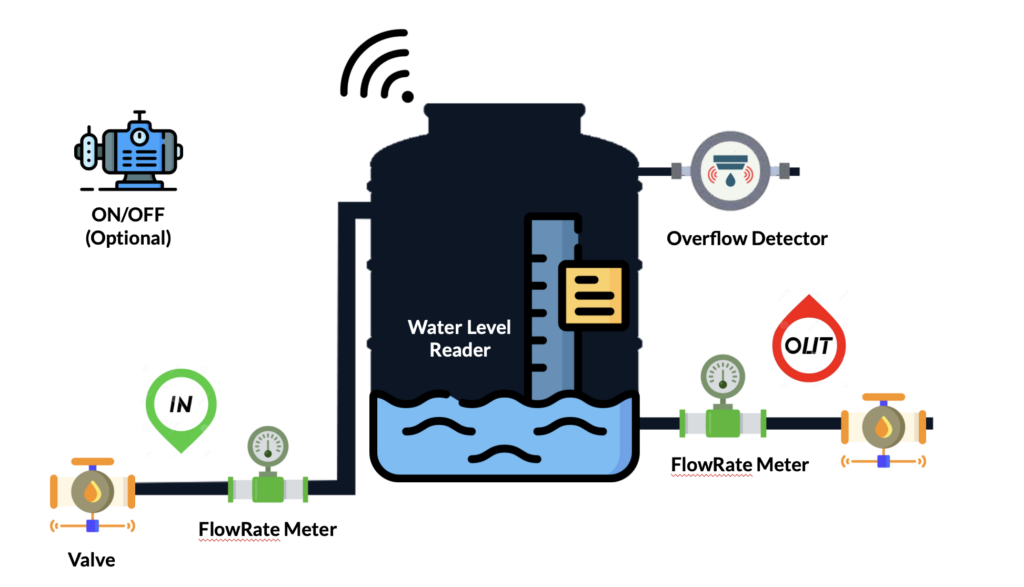
Water is one of our planet’s most precious resources, yet it is frequently wasted due to inefficient systems, outdated infrastructure, and lack of awareness. In a world facing increasing water scarcity and climate uncertainty, minimizing water wastage has become a critical challenge. Smart water storage technologies offer a powerful solution, combining modern innovations with sustainability to improve water use efficiency.
Understanding Smart Water Storage
Smart water storage refers to the use of advanced technologies such as sensors, data analytics, and automation to manage water collection, storage, and distribution more effectively. Unlike traditional systems, smart storage solutions are designed to detect inefficiencies, monitor usage in real-time, and adapt to changing demand patterns.
These systems can be deployed in households, commercial buildings, and entire cities to significantly reduce water wastage while ensuring a steady and reliable supply.
Key Strategies to Reduce Water Wastage
Real-Time Monitoring and Leak Detection
One of the biggest contributors to water loss is leakage, often going unnoticed in underground pipes and tanks. Smart storage systems equipped with sensors can detect leaks or abnormal usage immediately. This allows for timely repairs, preventing thousands of liters of water from being wasted.
Automated Water Level Control
Smart tanks use level sensors to avoid overflows and under-utilization. When water reaches a certain level, the system automatically shuts off the supply or redirects it to another tank or application, such as irrigation. This helps in conserving water and optimizing its use.
Predictive Analytics and Usage Forecasting
Using data analytics, smart systems can predict future water demand based on usage patterns, weather forecasts, and occupancy levels. This allows better planning and storage, avoiding unnecessary pumping or filling, which often results in wastage.
Integration with Rainwater Harvesting
Combining smart storage with rainwater harvesting systems creates an efficient loop. Rainwater can be collected, filtered, and stored intelligently for later use. Sensors ensure that storage capacity is used effectively and that overflow is minimized during heavy rainfall.
Smart Irrigation Systems
In agriculture and landscaping, over-irrigation is a major issue. Smart storage units paired with soil moisture sensors and weather-based scheduling systems ensure that water is only used when and where it is needed. This greatly reduces excess consumption.
Conclusion
Smart water storage is not just a technological upgrade; it’s a vital step toward sustainable water management. By leveraging automation, data, and real-time monitoring, we can significantly reduce water wastage and protect this essential resource for future generations. Embracing these smart solutions today is key to building a water-secure tomorrow.


